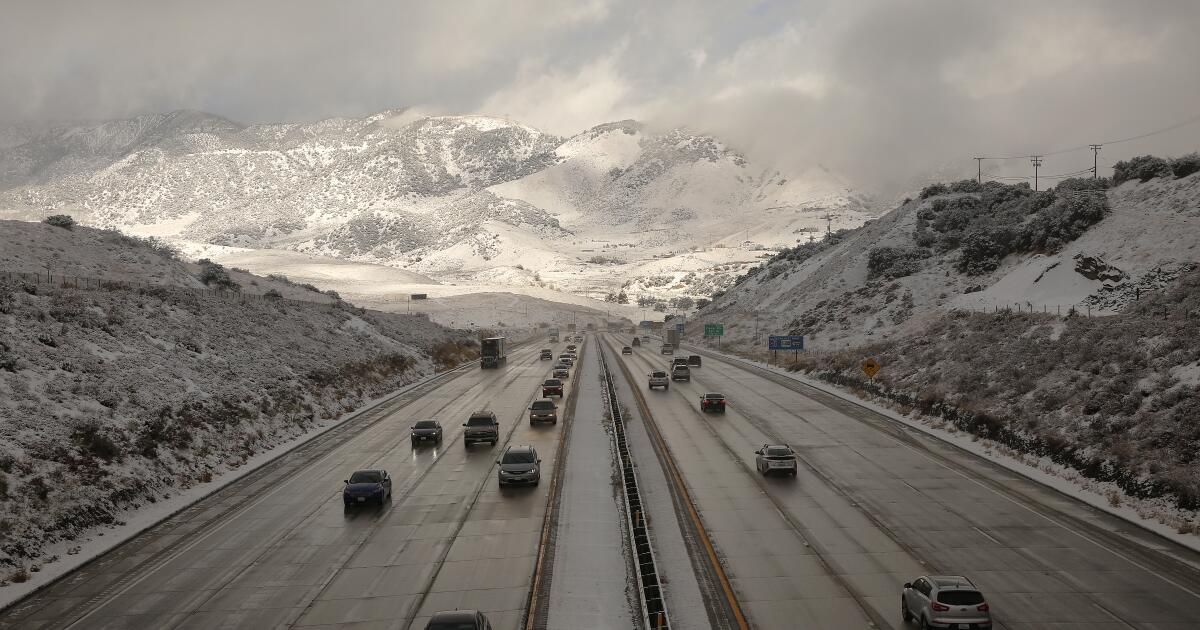World
The World Must Not Ignore DR Congo’s Worsening Humanitarian Crisis – IOM

Kinshasa – With record levels of internal displacement, acute food insecurity, and gender-based violence, urgent and concerted action is needed to stem the worsening humanitarian situation in eastern Democratic Republic of the Congo (DRC), warned Amy Pope, director general of the International Organization for Migration (IOM), at the end of a three-day visit to the country.
“In eastern DRC, I met with people who have been affected by conflict their whole lives – displaced multiple times, living in the most challenging conditions in makeshift camps. The situation facing women and girls – who are bearing the brunt of this conflict – is particularly distressing, with soaring levels of sexual and gender-based violence,” said Ms. Pope, who travelled to DRC in her capacity as IOM chief and as joint Principal Humanitarian Advocate for the United Nations’ Inter-Agency Standing Committee (IASC).
Fighting between DRC government forces and the M23 armed group – the most prominent of more than 100 armed groups reported to be active in the strategically important and resource-rich region, at the centre of multiple conflicts since the 1990s – has displaced over 7 million people from their homes, many of them multiple times – at least 2.6 million of them in North Kivu alone.
In other areas of the country, including around the capital Kinshasa, heavy rains and flooding have displaced tens of thousands more.
Ms. Pope travelled to Goma, the regional capital of North Kivu, where she visited the Lac Vert Bulengo site for displaced persons – one of the largest of the many informal displacement sites that have sprung up in the area, with around 70,000 people who have fled fighting in the region currently living here. There, she met camp representatives and spoke with women affected by the conflict.
“The humanitarian needs here are vast. Yet the displaced families I’ve spoken with here told me that, more than anything, they need peace to be able to rebuild their lives,” said Ms. Pope.
“So, while we need to continue to provide life-saving humanitarian aid, we know that alone is not the remedy. Given the scale and magnitude of needs in the DRC, working in partnership is crucial. We need to bring together efforts across the humanitarian, development and peace sectors to drive comprehensive, innovative, sustainable solutions – putting affected people at the centre.”
“At the same time, we call on all parties to the conflict to respect international humanitarian law, ensure the protection of civilians, and facilitate the safe and unhindered delivery of aid,” she continued.
In Kinshasa, Ms. Pope met with the Prime Minster of DRC, Judith Suminwa Tuluka and Foreign Minister, Therese Kayikwamba Wagner, to discuss shared humanitarian concerns and enhancing cooperation in the short, medium and longer term.
She also met with donor community and UN agency representatives, and other humanitarian and development partners to find ways to strengthen and scale up a coordinated response.
The UN appealed for USD 2.6 billion in its 2024 Humanitarian Response Plan, only 33 per cent of which has been funded to date.
“As IOM director general, and in my special role as humanitarian advocate for the situation in the DRC, I am committed to keeping this crisis firmly on the international agenda and working with all our partners towards lasting peace,” concluded Ms. Pope.
***
For more information, please contact:
In Goma: Daco Tambilika at dtambilika@iom.int
In Nairobi: Yvonne Ndege at yndege@iom.int
In Pretoria: Abibo Ngandu at angandu@iom.int








